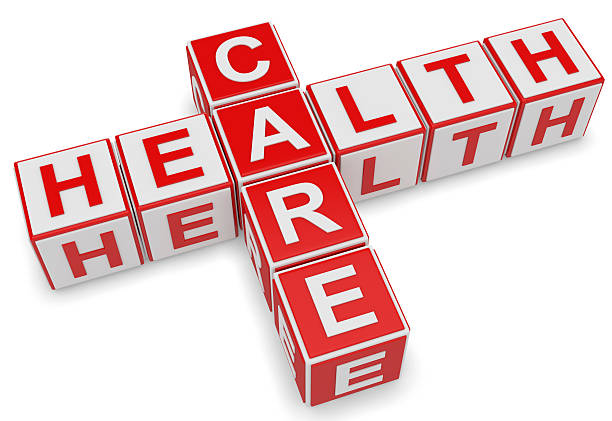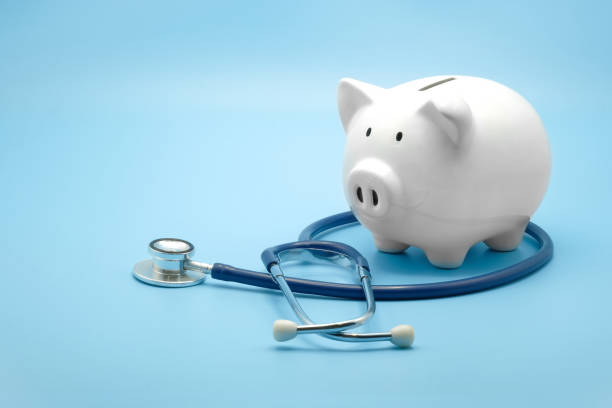Click here for the full Policy Note
Key findings
- There is a great deal of confusion and misunderstanding in the United States about drug pricing, manufacturing, marketing, and the impact of government regulations.
- There is a growing opinion that the government should place a price ceiling on drugs.
- The average cost of bringing a drug to market today is $2.5 to $5 billion and takes 10 to 15 years to get through the government regulatory process.
- Over 90 percent of research on new drugs fails to produce treatments and lose money.
- Specialty drugs accounted for one percent of all prescriptions, but 32 percent of all prescription drug costs.
- Pharmaceutical pricing is complex and goes through a series of steps, using wholesalers and pharmacy benefit managers, before drugs actually reach patients.
- In economics, setting price limits on goods and services always results in scarcity, with fewer of the price-controlled products being produced and made available to consumers.
Introduction
There is a great deal of confusion and misunderstanding in the United States about drug pricing, manufacturing, marketing, and the impact of government regulations. This confusion has been made worse by the recent egregious behavior of several pharmaceutical manufacturers that raised the prices of some drugs by up to 5,000 percent.[1]
There is a growing opinion that the government should place a price ceiling on drugs. In 2014, prescription drug costs accounted for 9.8 percent of overall health care expenses.[2] In economics, setting price limits on goods and services always results in scarcity, with fewer of the price-controlled products being produced and made available to consumers. This has been confirmed by the disastrous centrally-planned economies of communist countries. Similar distorting effects and shortages would occur if government officials sought to control prescription drug prices.
[1] “Here’s why Turing Pharmaceutical says 5,000% price bump is necessary,” by Laura Lorenzetti, Fortune Health, September 21, 2015 at https://fortune.com/2015/09/21/turing-pharmaceuticals-martin-shkreli-response/
[2] “Health expenditures,” Centers for Disease Control and Prevention, October 7, 2016 at https://www.cdc.gov/nchs/fastats/health-expenditures.htm






